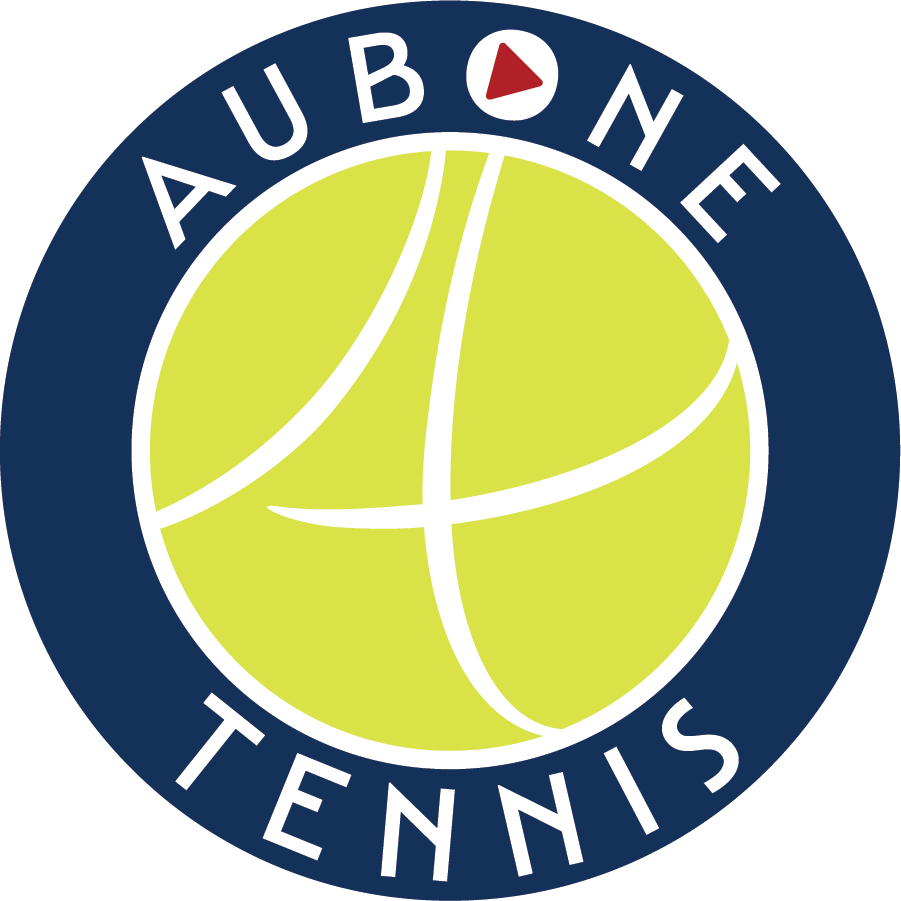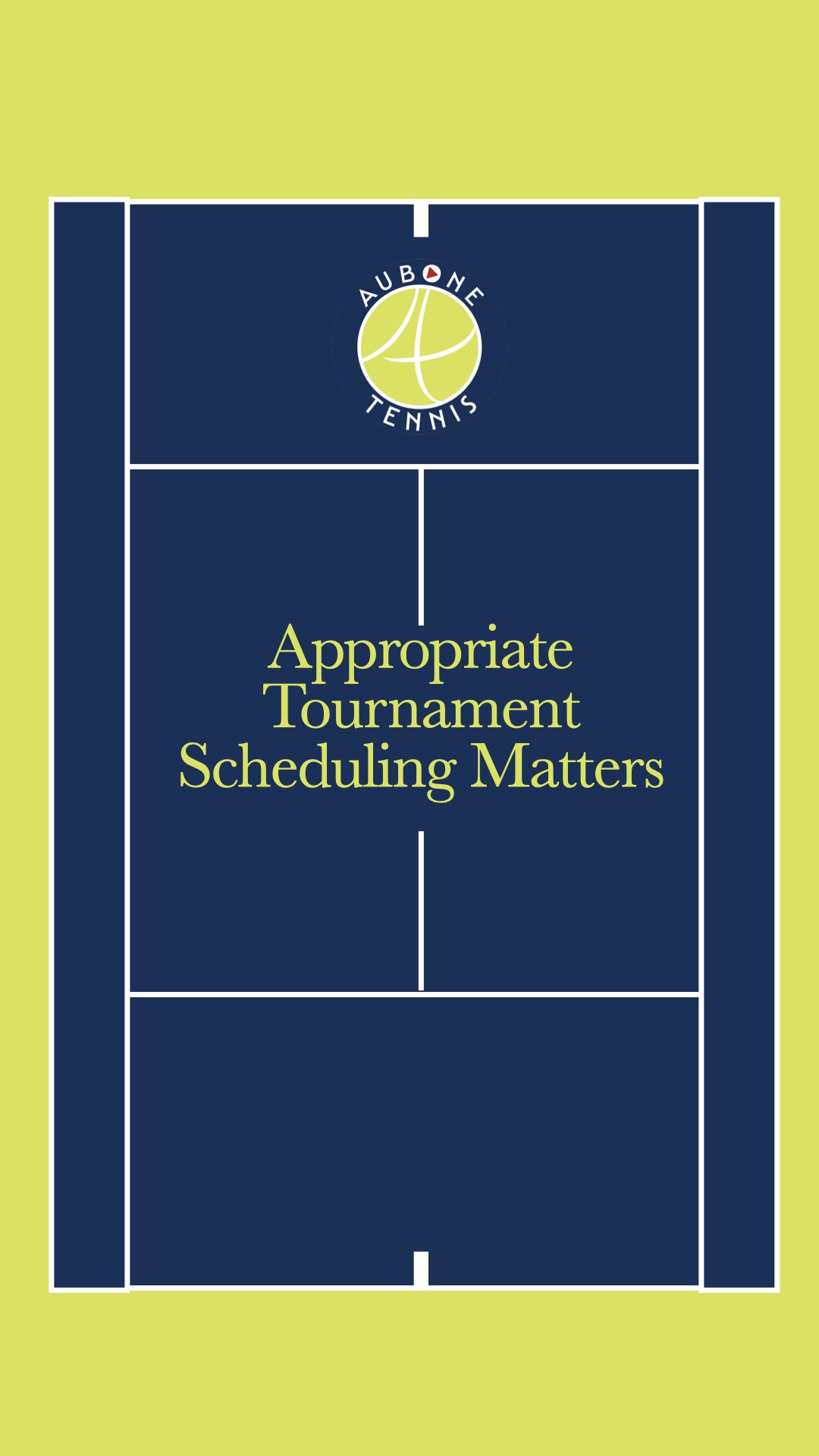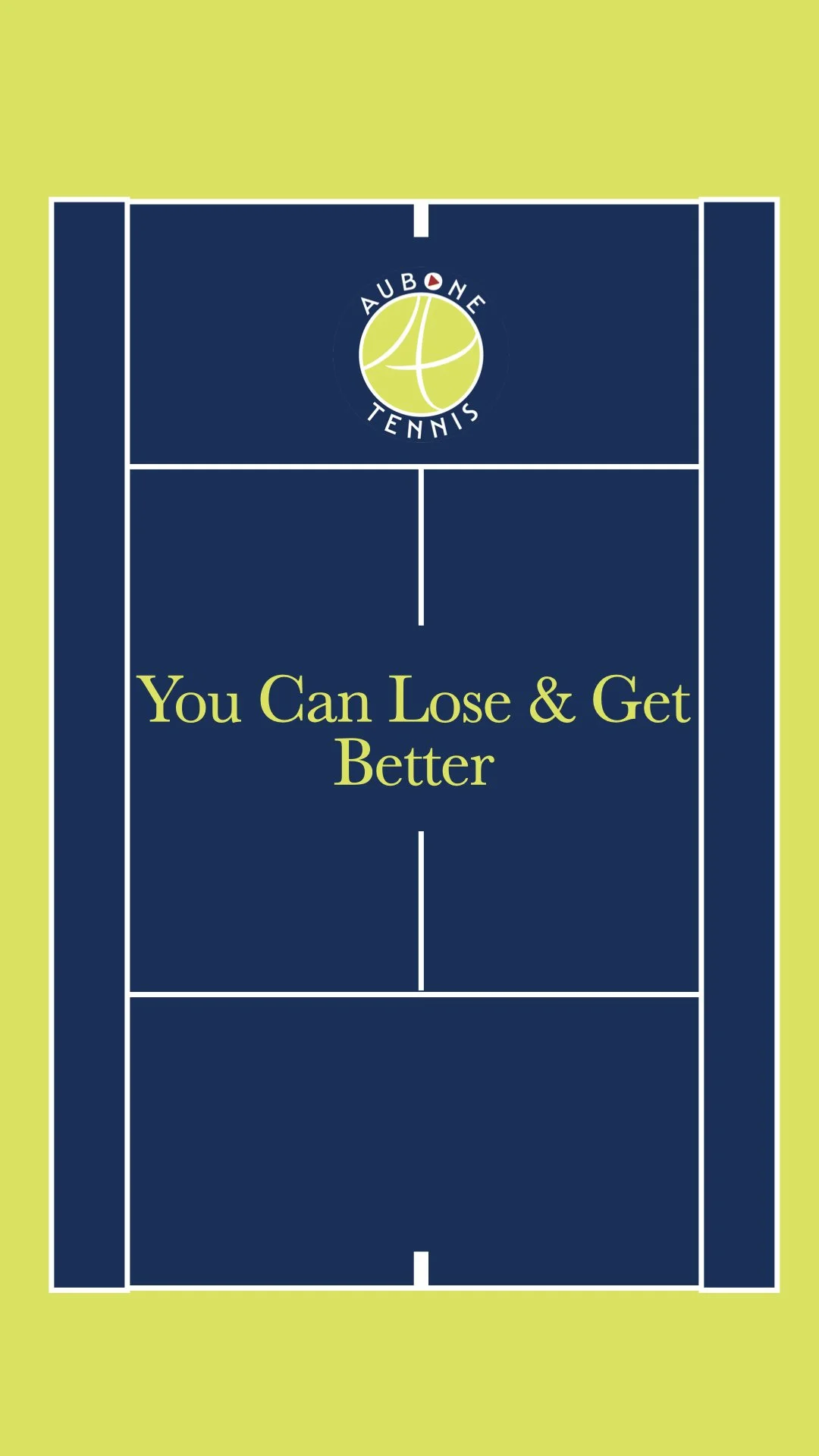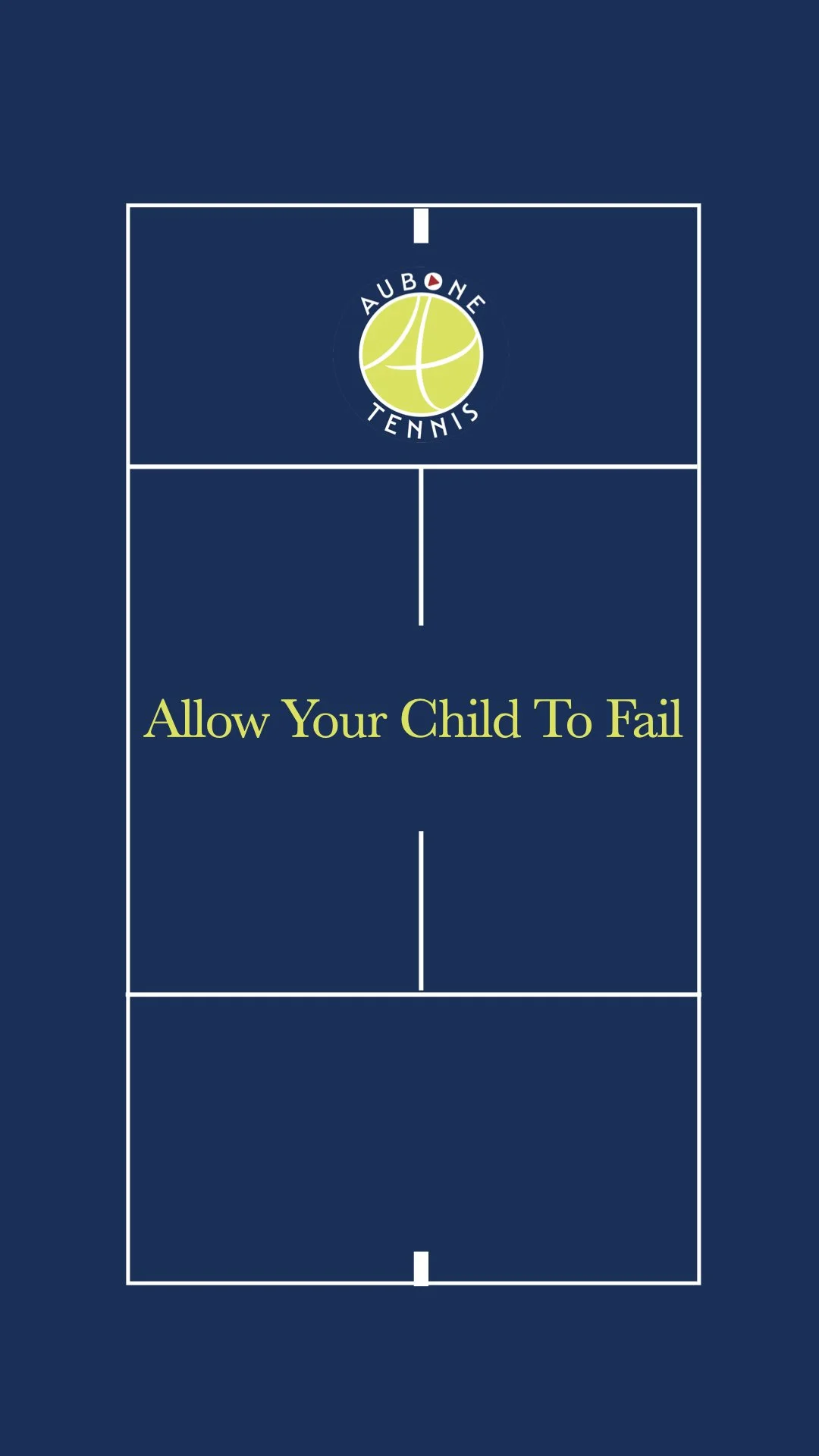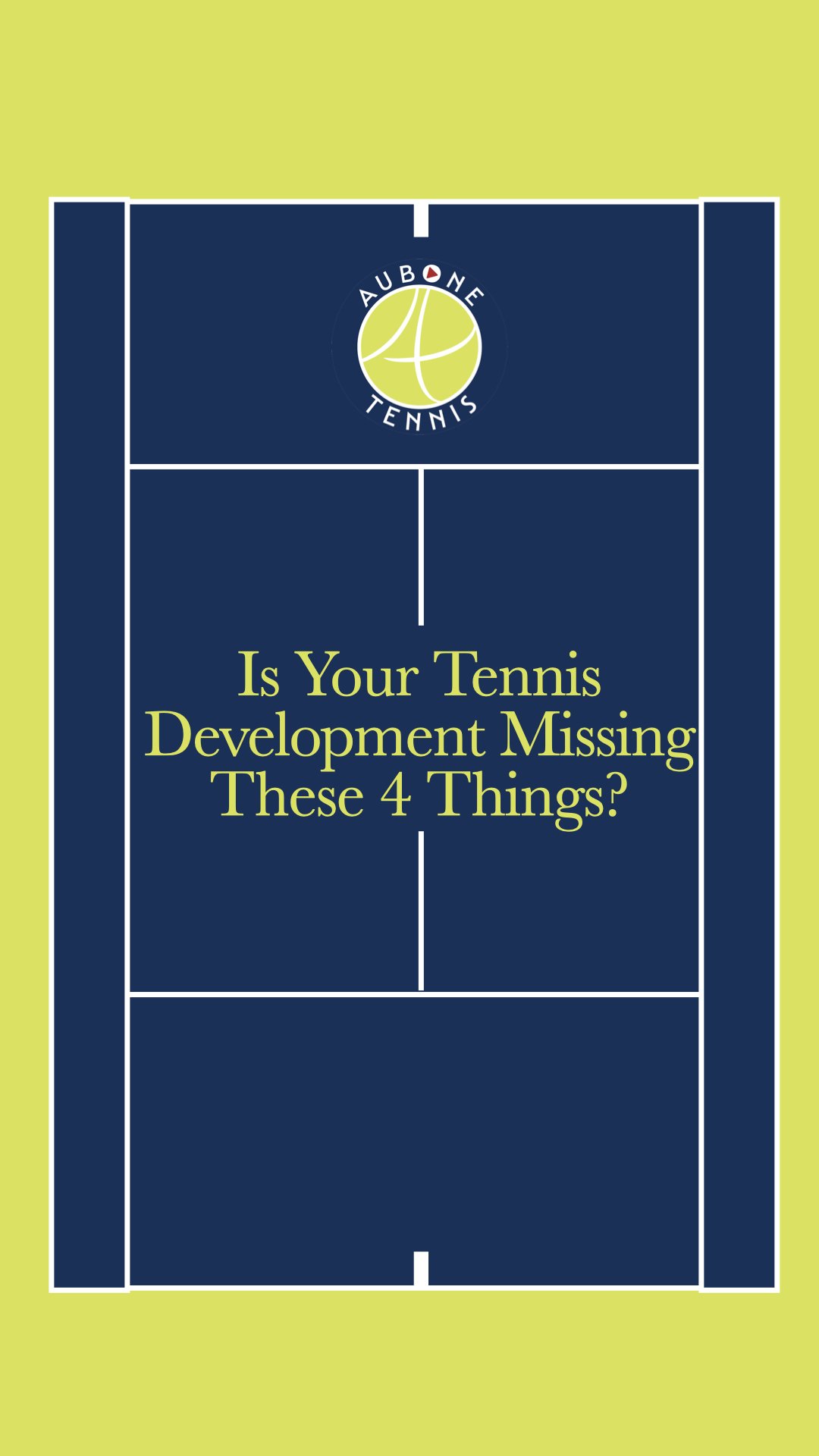Subscribe Now!
Subscribe now to get these blogs delivered directly to your inbox. You’ll also receive free access to the special updates page where I’ll be sharing my experience being a coach on the ATP Tour.
Appropriate Tournament Scheduling Matters
If someone’s tournament schedule isn’t handled appropriately, they won’t be prepared to play well. And if they don’t know what constitutes an appropriate tournament schedule, they’ll incorrectly have high expectations going into an event. They’ll be all excited as they’re playing their first tournament in a while. They’ve practiced a lot. They think they’re ready to compete!
And then boom!
They experience nerves under pressure for the first time in weeks.
Stop Complaining About International Players On Collegiate Teams
We need to get back to our roots. The roots that made us known for being the hardest working people on the planet. The roots that taught us that if we wanted something, we went to work for it. And if we worked for it, we could accomplish whatever we wanted. The American Dream.
Stop Looking At The Draw
“Most of our fears and most of our anxieties don’t exist in the present.”
There is zero upside to looking at the draw, and immense downside.
Coaching Tennis Is Easy. Coaching A Player Is Hard.
But when you’re coaching a player, you’re not just coaching the game. You’re coaching the person. Their personality. The moment. The day. The energy. The mood. Everything that doesn’t have to do with actually hitting the ball.
All of that needs to go into a coach’s decision about when to (or not to) correct a mistake, how to do it, in what tone of voice, what words to use, and how long to speak for.
Mental Skills Matter More than Technique
Tennis is the only sport in the world where you can win more points than your opponent and still lose.
High Performance Junior Tennis is a FAMILY Commitment
We ask the kids to commit to do whatever it takes, but we never ask the parents to do the same.
How to Behave During Your Child’s Tennis Match
“Albert Mehrabian created the 7-38-55 rule. That is, only 7 percent of a message is based on the words while 38 percent comes from the tone of voice and 55 percent from the speaker’s body language and face.” Chris Voss - Never Split The Difference
7 Things A Junior Tennis Player’s Environment Must Have to Make it to Division 1 Without Homeschooling
“Does my child need to homeschool to make it to division 1 collegiate tennis?” - Junior Tennis Parent
No.
But the things home school programs offer must be done some how and this is where a lot of after school programs fail.
You Can Lose & Get Better
“When people believe their basic qualities can be developed, failures may still hurt, but failures don’t define them. And if abilites can be expanded-if change and growth are possible-then there are still many paths to success.” - Carol Dweck “Mindset”
Parents Need Coaching Too
And since most coaches don’t go to any junior tournaments (we all know how I feel about that), the parent are the first and last person the player is going to talk to. They need to be prepared to handle the pre and post match situations. And how they handle those situations can make things better or worse for their child.
Allow Your Child To Fail
Let them learn the consequences of their decisions, and don’t let them quit. Not until they’ve at least learned to problem solve.
Tennis Coaches Should Watch Their Juniors Compete
Can you think of a sport where the coach works with their players throughout the week, then doesn’t watch them compete? Can you think of a sport where the coach has to ask for the parent’s and player’s feedback on what to potentially work on after a competition? Especially a parent that has no experience in developing a junior tennis player?
I can……..
How to Fix Your Tennis Elbow FOREVER
All those tennis elbow gadgets they sell in pro shops or tennis websites or commercials are not your answer. They’re selling you a short term solution. They can all provide some relief but they’ll never permanently fix the problem.
Why Video Is So Important After A Match
Both conclusions can be confidence boosters, but choosing the wrong analysis will prove to be detrimental in the future.
If you make adjustments where adjustments didn’t need to be made, then you’ll create a problem for no reason. On the other hand, if you don’t make any improvements in your game when you should have, then you’ll miss an opportunity to get better, and you’ll lose more matches because of the same mistakes.
Learn To Compete WITH Your Nerves
"Five minutes before entering the central office, I suddenly felt really bad, extremely nervous. I started to cry. I even had to go throw up a bit.” Stan Wawrinka discussing his emotions before walking on the court for the 2016 US Open final. He won the match and the title.
Is Your Child’s Tennis Game Improving Enough?
You don’t want to look back and realize the money you spent on your child’s coaching was actually for an expensive baby sitting program.
Find A Coach Who Doesn’t Care About Your Feelings
“You should slow down and get advice from a particular kind of person. Somebody who likes you but doesn’t care too much about your feelings. That person is more likely to give you good advice.” - Daniel Kahneman
Start At The End
When you’re focused on beating your current opponents, you’re only focused on marginal improvements. But players make their biggest jump in playing level when they’re under the age of 18. Their bodies are growing. Their muscle memory is still open to big changes. Their brains are ready to learn new things. Players need to take advantage of this and think of how they can make the biggest long term improvements in their game to reach their ultimate desired level of play.
4 Things Your Tennis Development is Missing
The biggest difference between the best junior tennis players and everyone else is how well structured their development was. No child made it to the top by random chance. By the age of 12-14, their development started to be planned for success. And the development plan for those lagging behind was consistently missing four things.
5 Most Important Things A Junior Tennis Player Must Develop
“A jack of all trades, master of none.”
If a player works on too many things at once, they’ll be mediocre at everything, great at nothing. It’s better to master the most important things first, then start adding in everything else later/
Theres are the 5 most important things a junior player should work on once they have the basic skills down:
